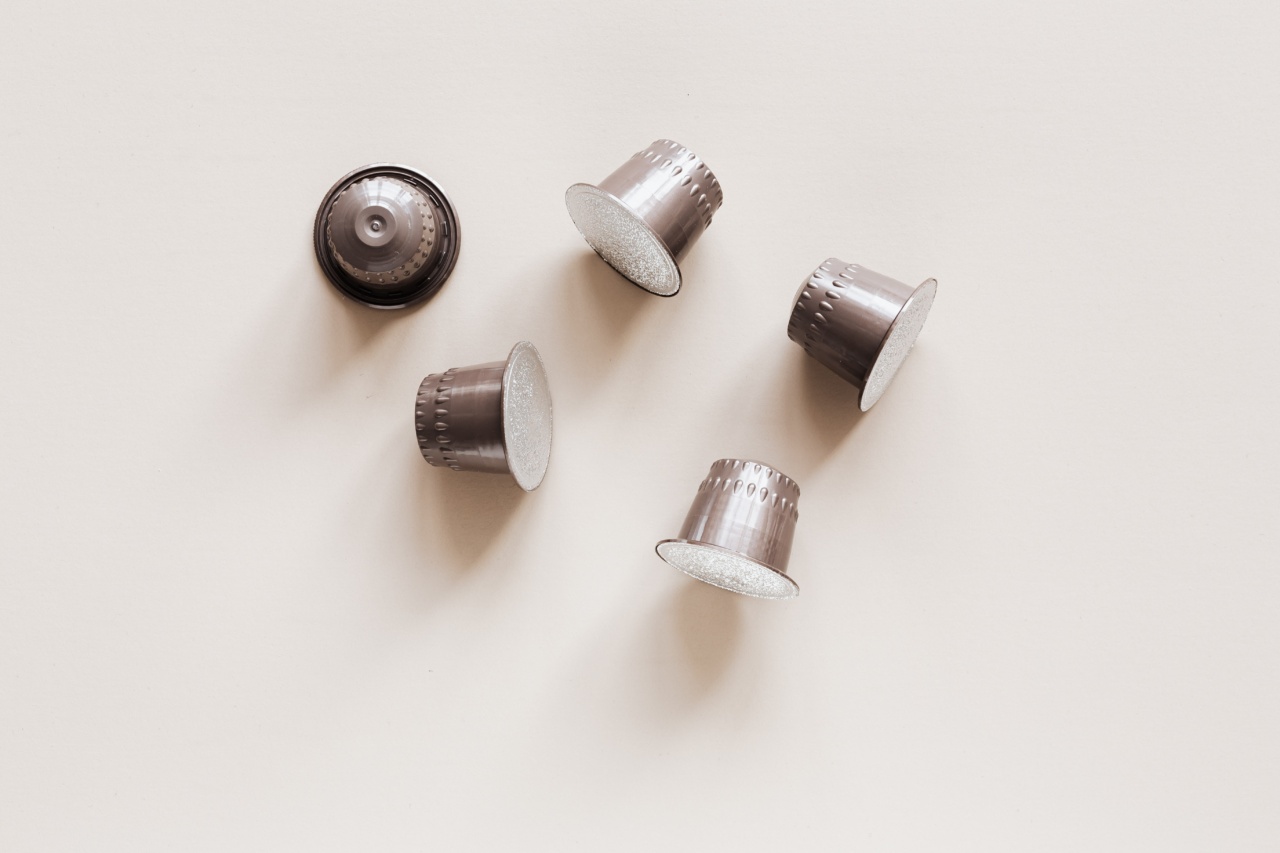Coffee is one of the most commonly consumed beverages worldwide and has been a subject of countless studies exploring its potential health benefits and risks.
One area of interest is the relationship between coffee consumption and the risk of infarction, particularly in women. Infarction, commonly referred to as heart attack, is a serious condition that affects millions of people worldwide.
Understanding the potential link between coffee and infarction in women is crucial in order to provide evidence-based recommendations and guidelines for a healthy lifestyle.
Understanding Infarction and its Risk Factors
Infarction occurs when the blood flow to a particular part of the heart is blocked, leading to damage and potentially death of the heart muscle. It is a life-threatening condition that requires immediate medical attention.
Several factors contribute to the risk of infarction, including age, smoking, high blood pressure, high cholesterol levels, diabetes, and a family history of heart disease.
The Coffee Debate
Coffee, a widely consumed beverage known for its stimulating effects, has been a topic of debate when it comes to its impact on cardiovascular health.
Some studies suggest that moderate coffee consumption may have protective effects against certain diseases, while others raise concerns about its potential negative impact on heart health.
Coffee and Cardiovascular Health: Exploring the Research
A number of studies have investigated the association between coffee consumption and the risk of infarction in women specifically.
While the findings have been mixed, some research suggests that excessive caffeine intake, whether from coffee or other sources, may increase the risk of infarction, especially in susceptible individuals.
One study published in the Journal of the American Heart Association found that women who consumed four or more cups of coffee per day had a significantly higher risk of infarction compared to those who consumed one cup or less per day.
However, it is important to note that this study relied on self-reported coffee consumption, which may introduce some degree of variability and potential bias.
On the other hand, a study published in the American Journal of Clinical Nutrition suggests that moderate coffee consumption, defined as two to three cups per day, may not increase the risk of infarction in women.
This study followed a large cohort of women over a period of several years and took into account various confounding factors such as smoking and overall diet quality.
Individual Variability and Genetic Factors
One of the challenges in studying the relationship between coffee consumption and infarction is the significant individual variability in caffeine metabolism.
Some individuals are considered “slow metabolizers” and may experience prolonged exposure to caffeine, potentially increasing their susceptibility to its negative effects. Genetic factors also play a role in how an individual responds to caffeine. Variations in specific genes, such as CYP1A2, influence how quickly caffeine is processed and eliminated from the body.
Guidelines for Coffee Consumption
Given the mixed findings and variability among individuals, it is difficult to establish a one-size-fits-all recommendation for coffee consumption in relation to infarction risk. However, the following guidelines may be considered:.
1. Moderation is key: Limiting coffee intake to moderate levels, defined as two to three cups per day, may be a sensible approach. This allows for potential health benefits without increasing the risk of infarction.
2. Personal sensitivity: Individuals who are sensitive to caffeine or have a family history of heart disease may want to consider limiting their coffee consumption further.
Consulting with a healthcare provider can help determine the appropriate level of intake.
3. Lifestyle factors: It’s important to remember that coffee consumption is just one aspect of a person’s overall lifestyle.
Other risk factors for infarction, such as smoking, sedentary behavior, and an unhealthy diet, should also be addressed to reduce the overall risk.
Conclusion
The link between coffee consumption and the risk of infarction in women remains complex and not yet fully understood.
While some studies suggest a potential increased risk with excessive coffee consumption, others find no significant associations or even potential benefits with moderate intake. Individual variability in caffeine metabolism and genetic factors further complicate the picture.
Ultimately, finding the right dose of coffee, if any, for optimal cardiovascular health requires considering personal sensitivities, lifestyle factors, and the available scientific evidence. Consulting with healthcare professionals can help individuals make informed decisions about their coffee consumption habits and overall heart health.






























